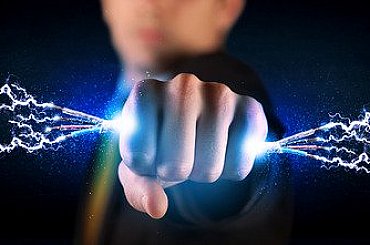Microbial Fuel Cells Just Got a Massive Boost From Nanotechnology
Advancements in green energy continue to drive innovative solutions, and recent research into microbial fuel cells (MFCs) offers a promising leap forward. Scientists have developed a new approach using nickel silicide nanowires as anode materials to greatly enhance the performance of MFCs. These fuel cells, powered by microorganisms, have the potential to convert waste into clean energy efficiently. This breakthrough could have far-reaching impacts on the future of renewable energy systems.

You are not logged in
If you want to read more, join the ENERGY-HUB club
LoginTry the monthly membership in the ENERGY-HUB club for free!
Related articles
Utilities SRP and ED3 seeking offtake deal for esVolta’s newly-approved 3.2GWh Arizona BESS
The Board of Supervisors (BoS) for Arizona’s Pinal County has given the go-ahead to developer and IPP esVolta to construct 3.2GWh…
2025 concludes with 1.5GWh+ of European BESS project completions, financing and supply deals
It’s our first week back to normal service so here’s a roundup of the past few weeks of BESS action in Europe, with projects movin…
India’s biggest solar manufacturer Waaree raises funds toward 20GWh energy storage factory
An energy storage subsidiary of Waaree Energies has raised INR10 billion (US$110.9 million) in funding for a planned manufacturing…
World’s first gigawatt-hour-scale flow battery project goes into operation in China
Technology provider Dalian Rongke Power (Rongke Power) and infrastructure developer China Three Gorges Corporation (CTG) have brou…
AER: 244 community battery storage systems now connected across Australia
The Australian Energy Regulator (AER) has confirmed that 244 community battery energy storage systems (BESS) are now connected to…
ENERGY-HUB is a modern independent platformsharing news and analytic articles from the energy sector on a daily basis. Within our portfolio we monitor czech, slovak and foreign press releases.



